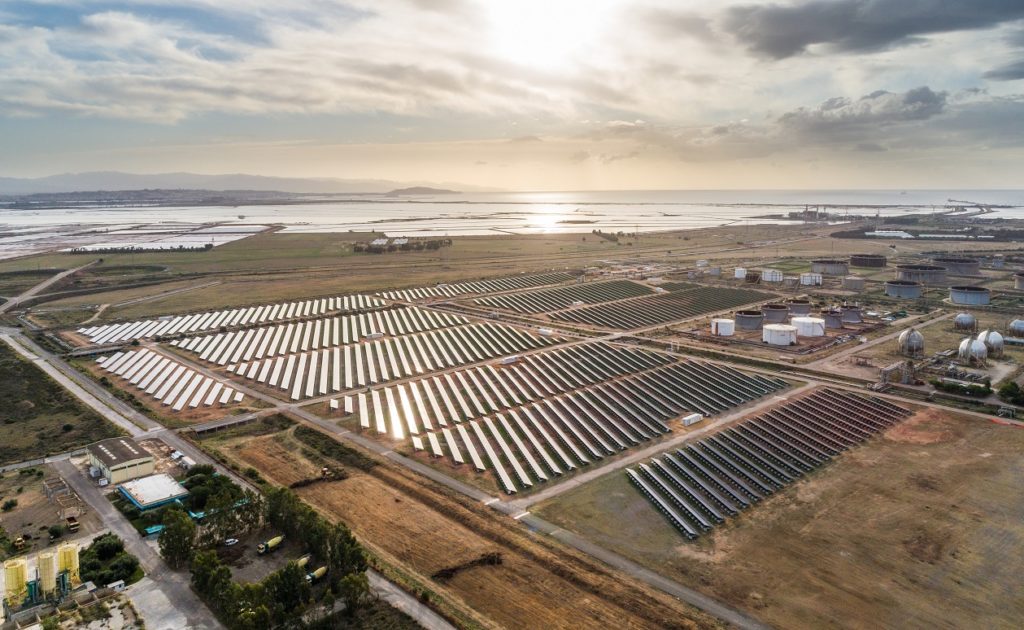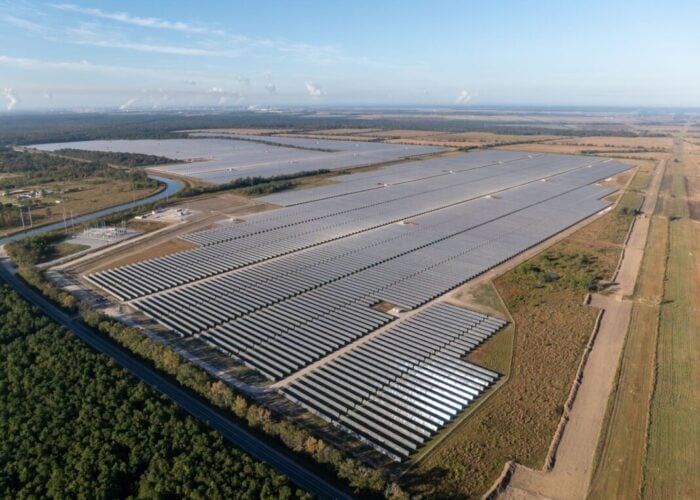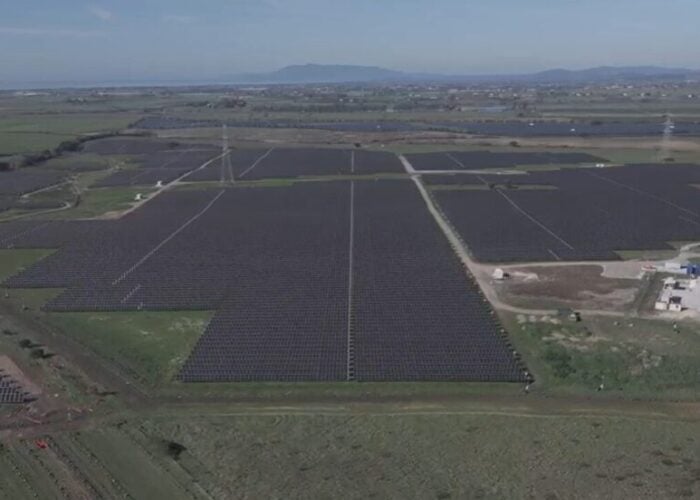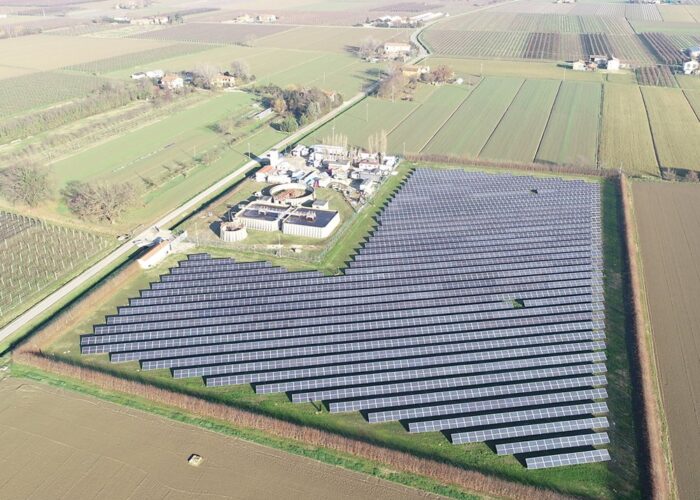
Italy’s government will limit the windfall profits of some feed-in tariff-backed solar PV projects that have been able to benefit from rising energy prices.
Solar plants with an output of more than 20kW that receive fixed tariffs via the country’s Conto Energia scheme may have to pay back profits to the country’s energy management agency GSE if they receive “extra profit”, according to Italy’s ministry of economic development.
Unlock unlimited access for 12 whole months of distinctive global analysis
Photovoltaics International is now included.
- Regular insight and analysis of the industry’s biggest developments
- In-depth interviews with the industry’s leading figures
- Unlimited digital access to the PV Tech Power journal catalogue
- Unlimited digital access to the Photovoltaics International journal catalogue
- Access to more than 1,000 technical papers
- Discounts on Solar Media’s portfolio of events, in-person and virtual
Set to be in place from 1 February to the end of this year, the measure forms part of a €1.7 billion (US$1.9 million) energy package aimed at curbing energy bills announced by Italy’s government last week.
The policy has been heavily criticised by Paolo Rocco Visconti, president of trade association Italia Solare, who warned that it could harm Italy’s decarbonisation efforts and dent investor confidence in the country’s solar sector.
The policy “inexplicably modifies previous agreements to which the operators have legitimately relied, a change even more unacceptable considering that there has been no consultation with the operators”, Paolo Rocco Viscontini wrote in a letter sent to Italian Prime Minister Mario Draghi.
For each solar project affected by the changes, there will be a calculation of the average market price that it received up until the current energy crisis began that will be used to determine how much profit needs to be paid back, according to Michele Governatori, energy programme lead at energy and climate change think tank ECCO.
He said the idea is to transfer these projects onto a fixed and capped price scheme. If prices go below a certain level, project owners will receive the difference from the state, but if they go above it, they will have to pay the difference.
While turning the old feed-in tariff into an income guarantee scheme through a double way contract for differences “might be a reasonable way to make energy producers exceptionally contribute to the costs of cutting bills”, Governatori said, “it is unfair as long as long as thermal power producers, energy traders and gas companies are not addressed by similar levies”.
The change comes after Spain’s government introduced a measure last September that limits the windfall profits of certain renewables projects with a capacity of greater than 10MW that sell power on the merchant market.
Industry experts raised concerns at the time that the policy could impact investor confidence in Spain’s PV sector, while Iberdrola responded to its introduction by pausing investments in some solar projects in Spain. The utility didn’t participate in the country’s renewables auction in October, citing “regulatory uncertainty”.
Elettricità Futura, an association representing Italy’s electricity sector, has also slammed the new policy. The government’s measures “have focused exclusively on a single energy sector, renewable energy, which, on the contrary, is the only and the most effective solution to the energy crisis due to the increase in the price of gas,” said the association’s president, Agostino Re Rebaudengo.
“When the state heavily interferes on market dynamics, there is the risk of doing greater damage to the economic system than the alleged benefits, with a certain loss of credibility towards the financial community.”







